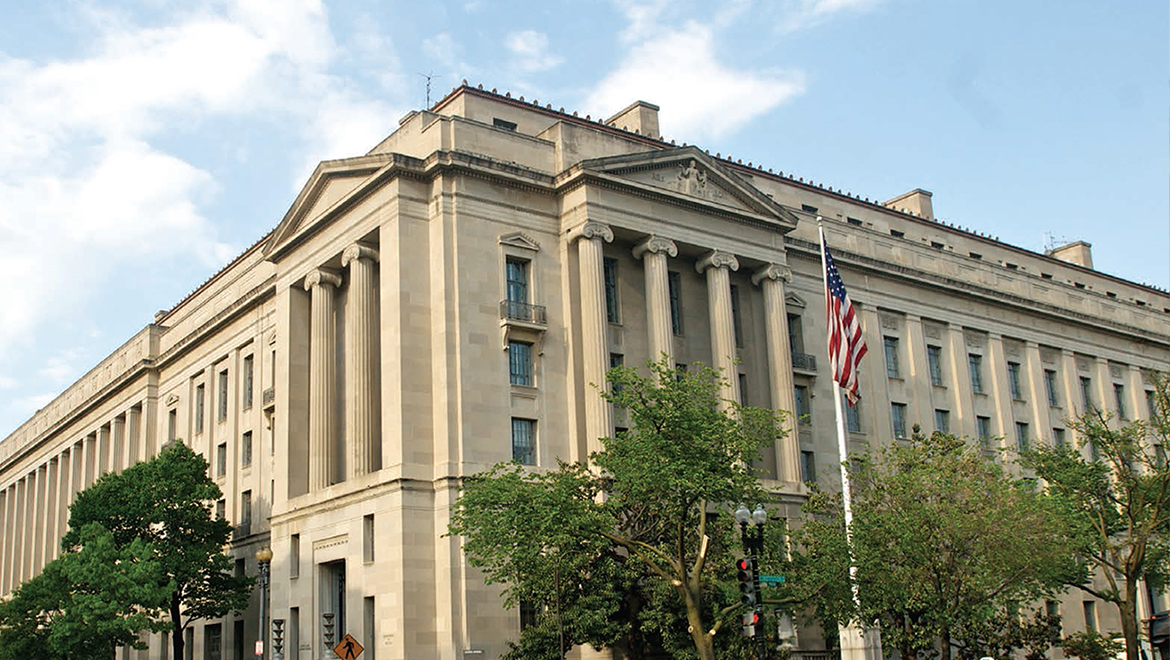Walgreens has agreed to pay $300 million upfront—and up to $350 million total to resolve a Department of Justice lawsuit accusing the pharmacy chain of improperly dispensing millions of opioid and other controlled‑substance prescriptions between 2012 and 2023. The settlement, announced April 22, 2025, will close federal opioid litigation against Walgreens nationwide.
Settlement Terms and Timeline
Under the agreement filed in the US District Court for the Northern District of Illinois, Walgreens will remit $300 million immediately. A further $50 million becomes payable if the company is sold, merged or transferred before 2032. In exchange, the Justice Department has agreed to dismiss its January complaint alleging widespread prescription‑filling violations.
Allegations of Improper Prescriptions
The government’s lawsuit charged that, from August 2012 through March 2023, Walgreens pharmacists filled prescriptions despite clear “red flags” indicating invalid orders—such as excessive opioid quantities or refills submitted markedly early. Prosecutors also contend that Walgreens compliance teams ignored internal evidence of unlawful dispensing and pressured staff to expedite prescription fulfillment.
“Pharmacies have a legal responsibility to dispense controlled substances in a safe and professional manner, not to facilitate addiction for profit,” said Attorney General Pamela Bondi.

Walgreens’ Response
Walgreens spokesperson Fraser Engerman disputed the government’s legal theory and “admit[ted] no liability.” In a statement, Engerman said the resolution “allows us to close all opioid‑related litigation with federal, state and local governments” and “provides favorable terms from a cash‑flow perspective while we focus on our turnaround strategy.”
Enhanced Compliance Measures
As part of the deal, Walgreens will partner with the Drug Enforcement Administration to strengthen its controls:
-
Prescription Verification: Pharmacists must confirm the validity of all controlled‑substance orders.
-
Blocking System: A database will flag and block prescriptions from prescribers identified as unreliable.
In addition, under an agreement with the Department of Health and Human Services, Walgreens will implement a compliance program featuring board oversight, employee training and regular reporting on controlled‑substance dispensing.
Industry Context and Impact
This settlement follows similar federal actions against CVS and Rite Aid, and marks a continuation of more than $50 billion in opioid‑related agreements with drugmakers, wholesalers and pharmacies over the past eight years. Last October, Walgreens announced plans to close 1,200 underperforming stores amid declining foot traffic and mounting legal costs.
For more business News, check PGN Business Insider

















